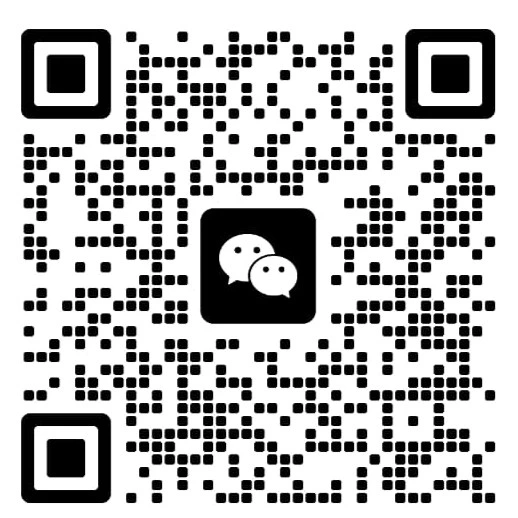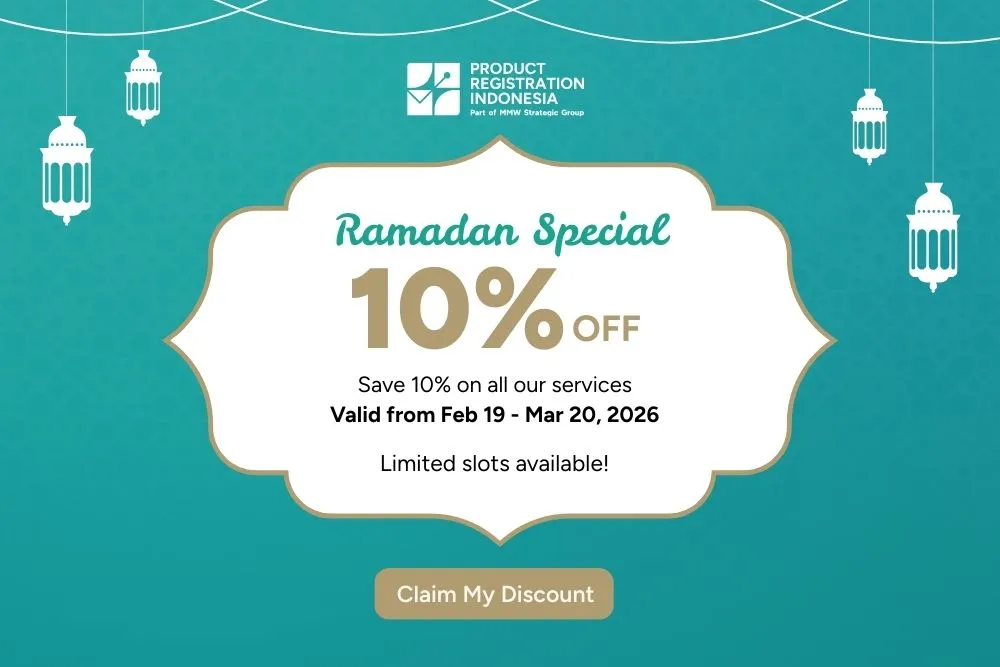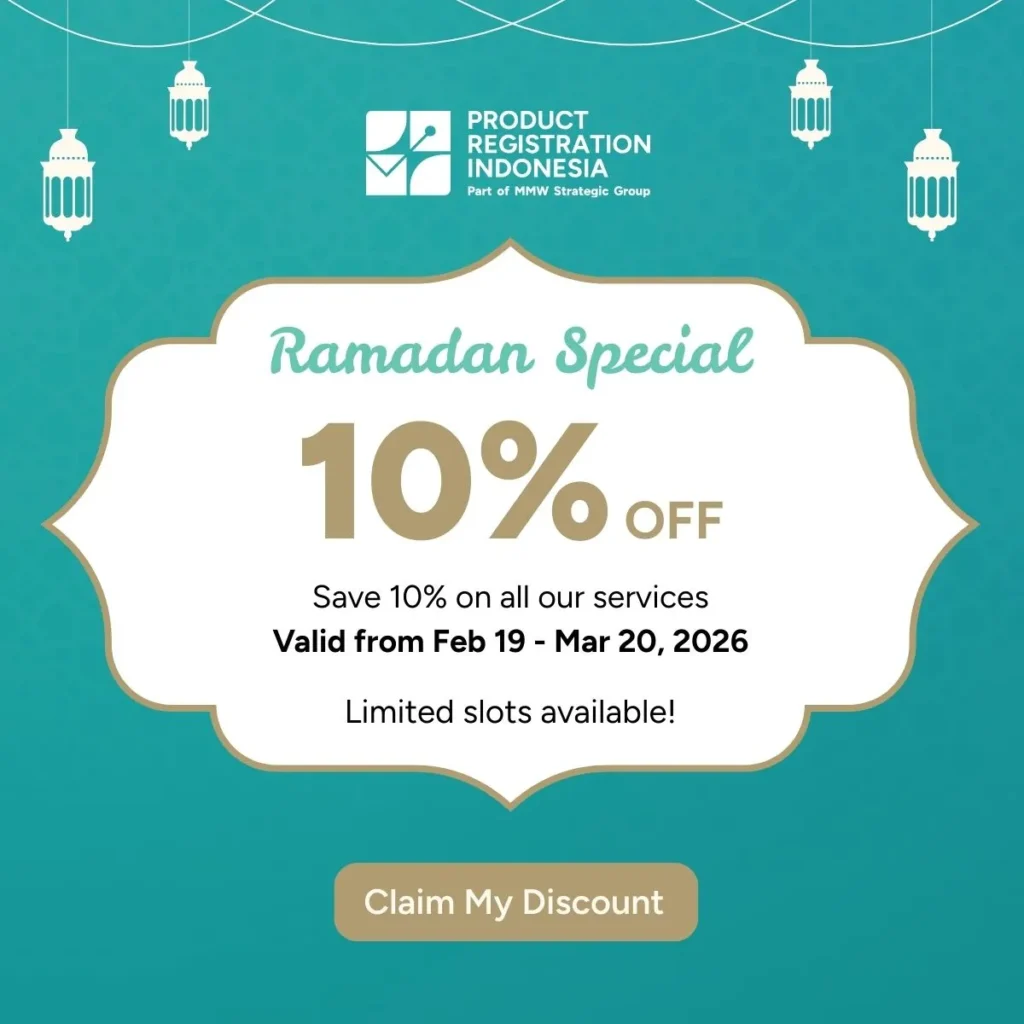Dietary supplements are integral to modern health regimens, providing essential nutrients and bioactive compounds that can improve overall well-being. However, ensuring these supplements’ safety, efficacy, and legality is paramount. In Indonesia, the Indonesian Food and Drug Authority (BPOM) regulates dietary supplements, establishes clear guidelines on approved ingredients, and bans harmful substances. Understanding these regulations is critical for both manufacturers and consumers.
Approved Ingredients in Indonesia
BPOM dietary supplements are strictly regulated to ensure consumer safety and efficacy. A key aspect of these regulations is the inclusion of only approved ingredients Indonesia permits, which are backed by scientific evidence and meet established safety standards. The emphasis is on using ingredients that provide clear health benefits while adhering to proper quality and purity benchmarks.
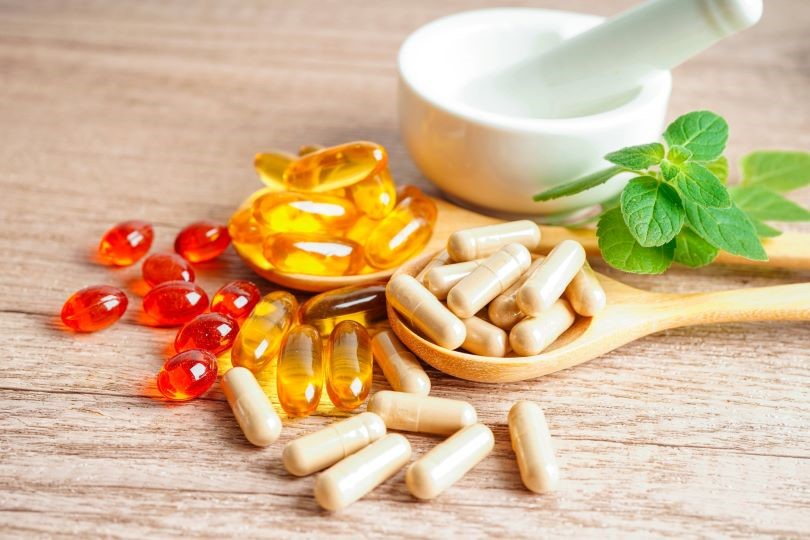
Vitamins
One of the primary categories of approved ingredients Indonesia includes essential vitamins and minerals. These nutrients, such as vitamin C, vitamin D, calcium, and magnesium, are vital for overall health. For example, vitamin C supports immune function, while calcium is crucial for bone health. BPOM dietary supplements ensure these ingredients are formulated at safe and effective dosages for daily consumption.
Herbal
Herbal extracts represent another significant group of approved ingredients Indonesia allows in dietary supplements. Natural plant-based substances like ginger, turmeric, and ginseng are widely recognized for their therapeutic properties. Ginger is known for its anti-inflammatory effects, turmeric contains curcumin with potent antioxidant benefits, and ginseng supports energy and immune health. To be included in BPOM dietary supplements, these herbal extracts must meet stringent purity and quality standards, ensuring they are free from harmful contaminants.
Amino Acids
Amino acids are also common in BPOM dietary supplements, providing building blocks for proteins that play vital roles in metabolic and physiological processes. Compounds such as L-glutamine and L-carnitine are often included in supplements to support muscle recovery, energy production, and overall cellular function. Supplemental regulations mandate that these amino acids be carefully tested and sourced to guarantee their safety and efficacy.
Probiotics
Probiotics, another category of approved ingredients Indonesia includes in dietary supplements, offer immense benefits for gut health. Strains like Lactobacillus and Bifidobacterium help maintain a balanced gut microbiome, essential for digestion, immunity, and overall well-being. BPOM dietary supplements containing probiotics must clearly label the strains used and the guaranteed colony-forming units (CFUs) to ensure transparency and reliability.
Functional ingredients
Functional ingredients, such as omega-3 fatty acids and antioxidants, are also key components of approved ingredients Indonesia permits. Omega-3 fatty acids support heart and brain health, while antioxidants combat oxidative stress, reducing the risk of chronic diseases. BPOM dietary supplements containing these compounds must comply with dosage guidelines to maximize their benefits while avoiding potential risks.
Manufacturers of BPOM dietary supplements are obligated to ensure that all approved ingredients Indonesia allows are responsibly sourced, thoroughly tested for contaminants, and included in formulations at recommended dosages. These supplement regulations not only protect consumers but also uphold the integrity of the dietary supplement industry in Indonesia.
Prohibited Substances in Dietary Supplements
The BPOM oversees the regulation of dietary supplements in Indonesia, which strictly enforces compliance with guidelines to protect consumers from harmful ingredients. Central to these efforts is maintaining a robust list of banned substances Indonesia prohibits in dietary supplements, aiming to eliminate risks associated with unsafe products. These supplement regulations are essential to ensure public health and trust in the industry.
Pharmaceutical Compounds
One of the primary categories on the BPOM’s list of banned substances in Indonesia includes pharmaceutical compounds. Ingredients such as sildenafil and sibutramine are often found in illicit weight loss or performance-enhancing supplements. While pharmacologically active, these substances pose significant risks when misused, including cardiovascular complications, liver damage, and interactions with other medications. By outlawing their inclusion in dietary supplements, BPOM reinforces the distinction between supplements and medicinal drugs, emphasizing safety and proper usage.
Toxic Metals
Another critical area of concern is the presence of toxic metals like lead, arsenic, and mercury. These heavy metals are strictly categorized under banned substances Indonesia because of their potential to accumulate in the body over time, leading to severe health consequences such as neurological damage, kidney failure, and developmental disorders. BPOM dietary supplements are rigorously tested to ensure they are free from these contaminants, upholding public safety and maintaining high-quality standards in the industry.
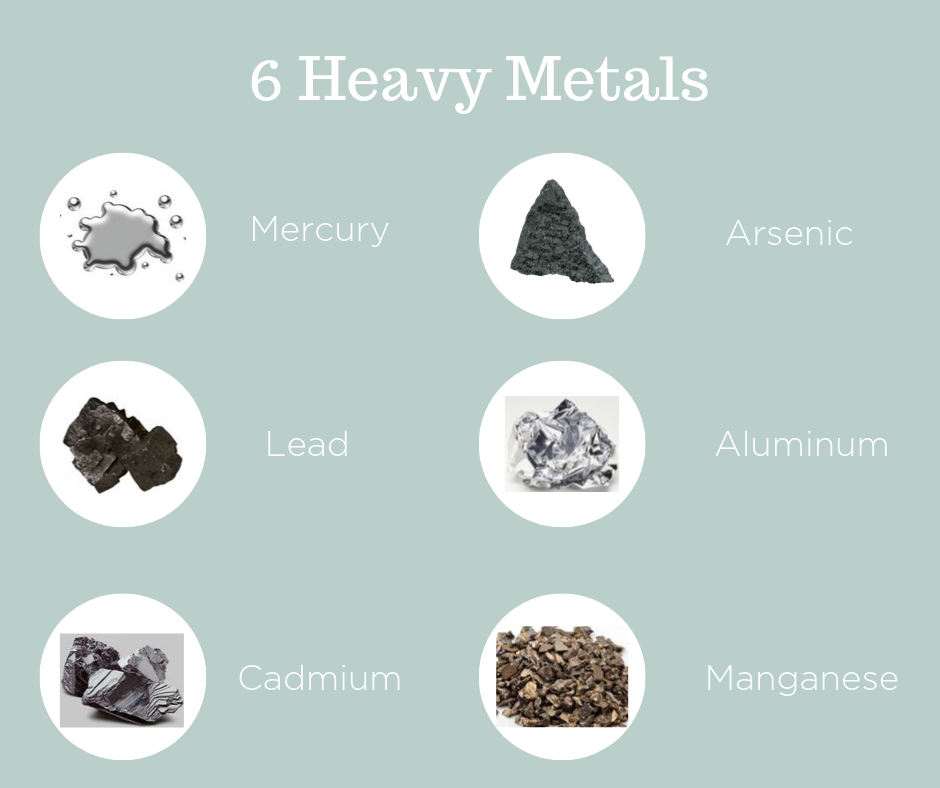
Harmful Additives
Harmful additives, including certain artificial dyes and unapproved preservatives, also fall under the banned substances Indonesia restricts in dietary supplements. These substances can cause allergic reactions, hormonal disruptions, and long-term health effects if consumed regularly. Through its supplement regulations, BPOM ensures that only safe, approved additives are used in products, preventing unnecessary exposure to harmful chemicals.
Unverified Herbal Extracts
Unverified herbal extracts are another category of concern. While many herbal ingredients are beneficial, those lacking sufficient safety and efficacy studies, particularly alkaloid-rich plants, are listed as banned substances Indonesia prohibits. These unverified extracts can lead to serious side effects, including organ toxicity and unpredictable interactions with other ingredients or medications. Therefore, BPOM dietary supplements are required only to include approved ingredients in Indonesia that have undergone rigorous testing for safety and quality.
Recent Updates to BPOM Supplement Regulations
BPOM continuously updates its regulations to address emerging trends and risks in the dietary supplement market. Between 2022 and 2023, BPOM identified over one million illegal traditional medicines and health supplements containing hazardous substances, underscoring the need for robust enforcement. These findings prompted stricter surveillance and updates to the approved ingredients list in Indonesia.
Recent initiatives include:
- Enhanced Cyber Patrols: BPOM has intensified online monitoring, taking down tens of thousands of illegal product listings.
- Public Awareness Campaigns: Programs like INTERAKSI encourage consumers to verify product legitimacy by checking BPOM distribution permit numbers.
- Collaborative Efforts: BPOM has partnered with international regulatory bodies to track and eliminate unregistered and harmful products.
Why Adherence to BPOM’s Guidelines is Crucial
Adhering to BPOM dietary supplement regulations is not just a legal requirement but a moral obligation for manufacturers. Non-compliance can lead to severe penalties, including:
- Administrative Sanctions: Written warnings, product recalls, or distribution permit cancellations.
- Criminal Charges: Business actors may face up to 12 years of imprisonment or fines of up to IDR 5 billion for serious violations.
Common Violations and Their Consequences
Compliance with BPOM guidelines is paramount in the dietary supplement industry to ensure consumer safety and uphold product integrity. However, violations frequently occur, ranging from using banned substances Indonesia prohibits to non-compliance with manufacturing standards. These breaches endanger public health and undermine the credibility of legitimate manufacturers, highlighting the critical importance of adhering to supplement regulations.
Unapproved Additives
One of the most concerning violations reported by BPOM is the use of banned substances Indonesia strictly prohibits. For example, pharmaceutical compounds like dexamethasone, intended for medical use under professional supervision, have been found in certain traditional supplements. These unauthorized additives can lead to severe health risks, including immune suppression, hormonal imbalances, and long-term organ damage. Including such substances disregards approved ingredients Indonesia guidelines, directly compromising consumer safety.
False Claims
False claims are another widespread issue in the industry. Some manufacturers mislabel their products, advertising unsupported health benefits such as rapid weight loss, enhanced energy levels, or cures for chronic illnesses. These misleading statements violate supplement regulations and exploit consumer trust, often leading to disappointment or harm when the promised effects are not achieved. BPOM takes strict action against such misrepresentations to protect consumers and maintain the integrity of BPOM dietary supplements.
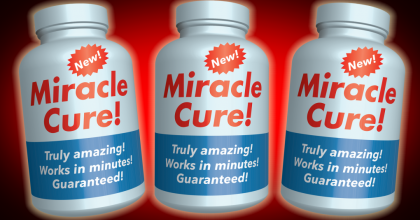
Poor Manufacturing Practices
Poor manufacturing practices represent a third category of violations. Non-compliance with Good Manufacturing Practices (GMP) often results in contaminated or substandard products entering the market. Contaminants may include microbial pathogens, heavy metals, or residual solvents, all posing significant health risks. By neglecting GMP standards, manufacturers violate supplement regulations and diminish the industry’s reputation as a whole.
These violations have far-reaching consequences. The use of banned substances Indonesia has led to public health crises, including hospitalizations and adverse reactions. Mislabelling and false claims erode consumer trust, causing long-term damage to the industry’s reputation. Furthermore, poor manufacturing practices invite regulatory scrutiny, legal penalties, and product recalls, creating financial and reputational losses for companies.
Tips for Manufacturers
To ensure compliance with BPOM dietary supplement regulations, manufacturers should:
- Understand the Rules: Familiarize themselves with the latest supplement regulations and updates.
- Invest in Quality Assurance: Implement rigorous testing protocols for raw materials and finished products.
- Label Transparently: Include clear information on ingredients, usage, and BPOM distribution permit numbers.
- Engage Experts: Collaborate with regulatory consultants to navigate the complex approval process.
Advice for Consumers
Consumers play an essential role in upholding supplement safety standards. Here’s how you can protect yourself:
- Check KLIK: Always verify product packaging, labels, distribution permits, and expiration dates.
- Report Suspicious Products: Notify BPOM of unregistered or counterfeit supplements.
- Educate Yourself: Stay informed about approved ingredients Indonesia allows in dietary supplements.
- Buy from Reputable Sources: Purchase products from trusted brands and authorized retailers.
Conclusion
The regulation of dietary supplements in Indonesia is a collaborative effort between BPOM, manufacturers, and consumers. By adhering to established supplement regulations, the industry can ensure the availability of safe, effective, and high-quality products. For manufacturers, compliance with BPOM’s guidelines on approved ingredients Indonesia allows is a legal responsibility and a critical factor in building consumer trust. For consumers, vigilance in selecting BPOM-approved supplements protects your health and promotes ethical practices in the industry. BPOM’s ongoing commitment to combating the circulation of banned substances in Indonesia demonstrates the importance of these regulations in safeguarding public health. Whether you are a manufacturer or a consumer, staying informed and proactive is the key to fostering a safe and thriving dietary supplement market in Indonesia.
What are the approved ingredients for dietary supplements in Indonesia?
BPOM allows vitamins, minerals, herbal extracts, amino acids, probiotics, and functional ingredients like omega-3s in dietary supplements, ensuring safety and efficacy.
What substances are prohibited in Indonesian dietary supplements?
BPOM bans pharmaceutical compounds, toxic metals, harmful additives, and unverified herbal extracts to protect consumers from health risks.
What penalties do manufacturers face for non-compliance with BPOM regulations?
Penalties include administrative sanctions, product recalls, fines up to IDR 5 billion, or imprisonment of up to 12 years for severe violations.
How can consumers verify the safety of dietary supplements in Indonesia?
Consumers can use the BPOM “KLIK” system to check product packaging, labels, distribution permits, and expiration dates for legitimacy.

